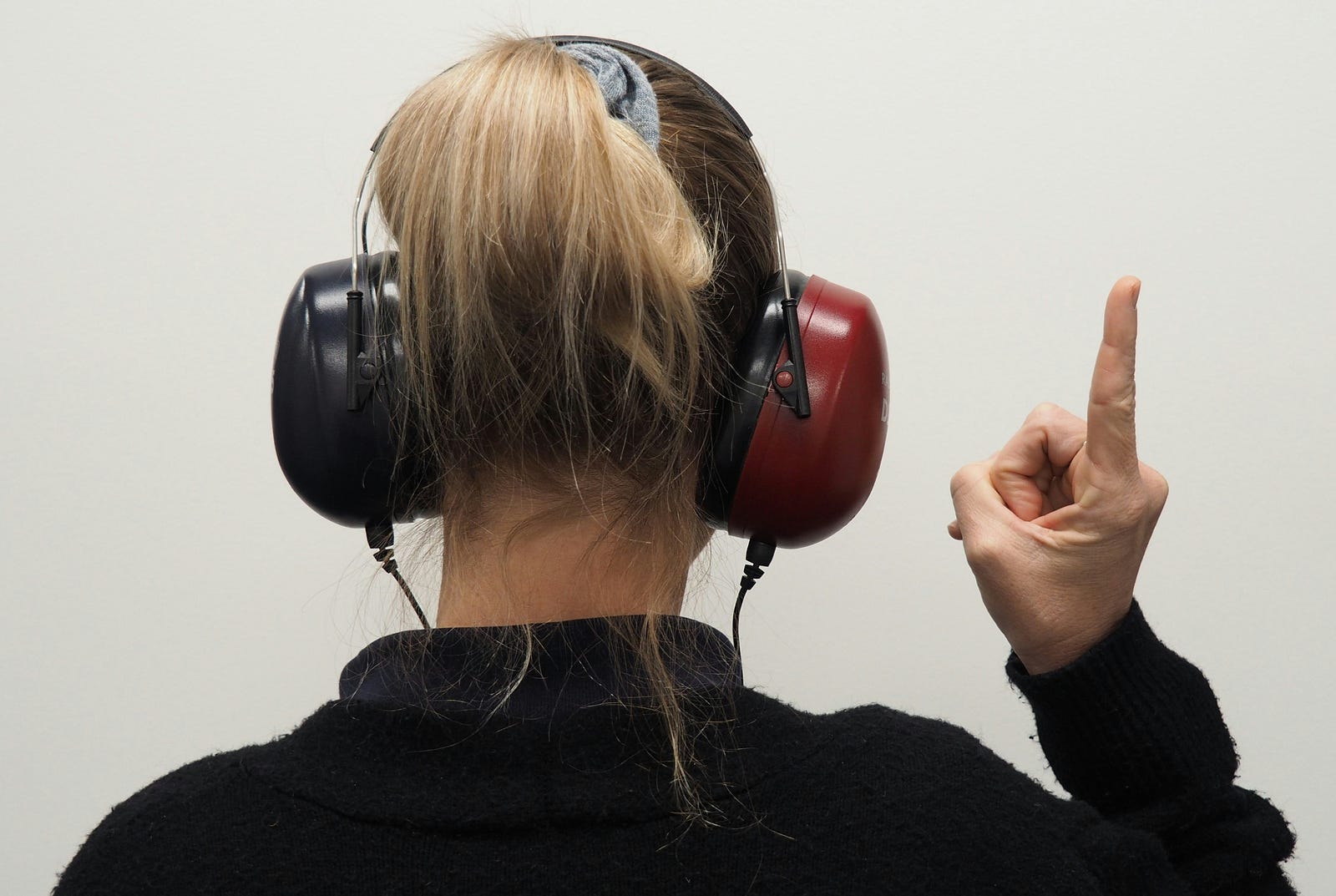Let’s talk about new screening recommendations for age-related hearing loss. As a 61-year-old, I’ve noticed a subtle change in my daily life.
Conversations sometimes seem muffled, especially in crowded restaurants or when people mumble.
Background noise can be distracting, and I ask others to repeat themselves more often.
It could be just age-related wear and tear, but it also made me wonder if I could be experiencing hearing loss.

My Question Is Relevant
This question turned out to be more relevant than I realized.
The American Academy of Otolaryngology-Head and Neck Surgery has recently released new clinical guidelines, marking a significant shift in the approach to hearing health.
This approach means earlier screening for everyone, not just those with obvious hearing problems.
If you, like me, have been experiencing occasional struggles with your hearing, you’re not alone. Getting your hearing checked is a crucial first step.
My Goals in This Essay
This article will explore these new guidelines and the importance of early detection and management of Age-Related Hearing Loss (ARHL).
We’ll also explore practical tips for optimizing your hearing health as you age.

Whether you’ve noticed a subtle dip in your hearing like me or want to be proactive, this information can empower you to take charge of your auditory well-being.
New Recommendations
New clinical guidelines from the American Academy of Otolaryngology-Head and Neck Surgery make me wonder if I should get my hearing checked.
These updated guidelines recommend that primary care physicians, often the first point of contact for many health concerns, screen patients aged 50 and over for Age-Related Hearing Loss (ARHL).
Guideline Specifics – Age-Related Hearing Loss Screening
If screening suggests hearing loss, an audiogram is recommended. This painless test measures your hearing ability across different frequencies.
- Clinicians should offer or refer patients to specialists who can provide appropriately fitted hearing aids. These devices can significantly improve your ability to hear and understand speech.
- For those who still struggle with hearing and understanding speech, even with hearing aids, a referral to a specialist for cochlear implant evaluation might be considered. Cochlear implants are electronic devices that can help some people with severe hearing loss perceive sound.

The guidelines don’t specify a perfect screening frequency, although every three years after age 50 is a suggestion.
Reducing Your Risk of Age-Related Hearing Loss
Let’s look at some simple strategies for reducing your chances of suffering from hearing loss.
- Avoid Too Much Noise. If you have to shout over the surrounding noise, it may be loud enough to damage your hearing. If you are around loud noise, exposure time matters; move away.
- Wear hearing protection. Using the leafblower? Or a lawn mower? You know what you need to do. Earmuffs or earplugs might reduce sound levels by 15 to 30 decibels.
- Stay away from tobacco, primary or second-hand.
- Check your medicines. Many drugs can cause hearing loss.
- Consider having your hearing tested.
When followed, these simple strategies can significantly reduce your risk of hearing loss.
My Take – Age-Related Hearing Loss
These new guidelines encourage a focus on early detection and proactive management.
The context?

Current estimates show a gap between these recommendations and current practices.
Roughly 17 percent of physicians only screen for hearing loss when patients complain, while only 12 percent include it in routine annual checkups.
This low screening number underscores the significance of these new guidelines in raising awareness and promoting a more proactive approach to hearing health.
By being informed about these guidelines, you can advocate for your own health and encourage others to do the same.
Thank you for reading “The Sound of Change: New Recommendations for Screening for Age-Related Hearing Loss.




